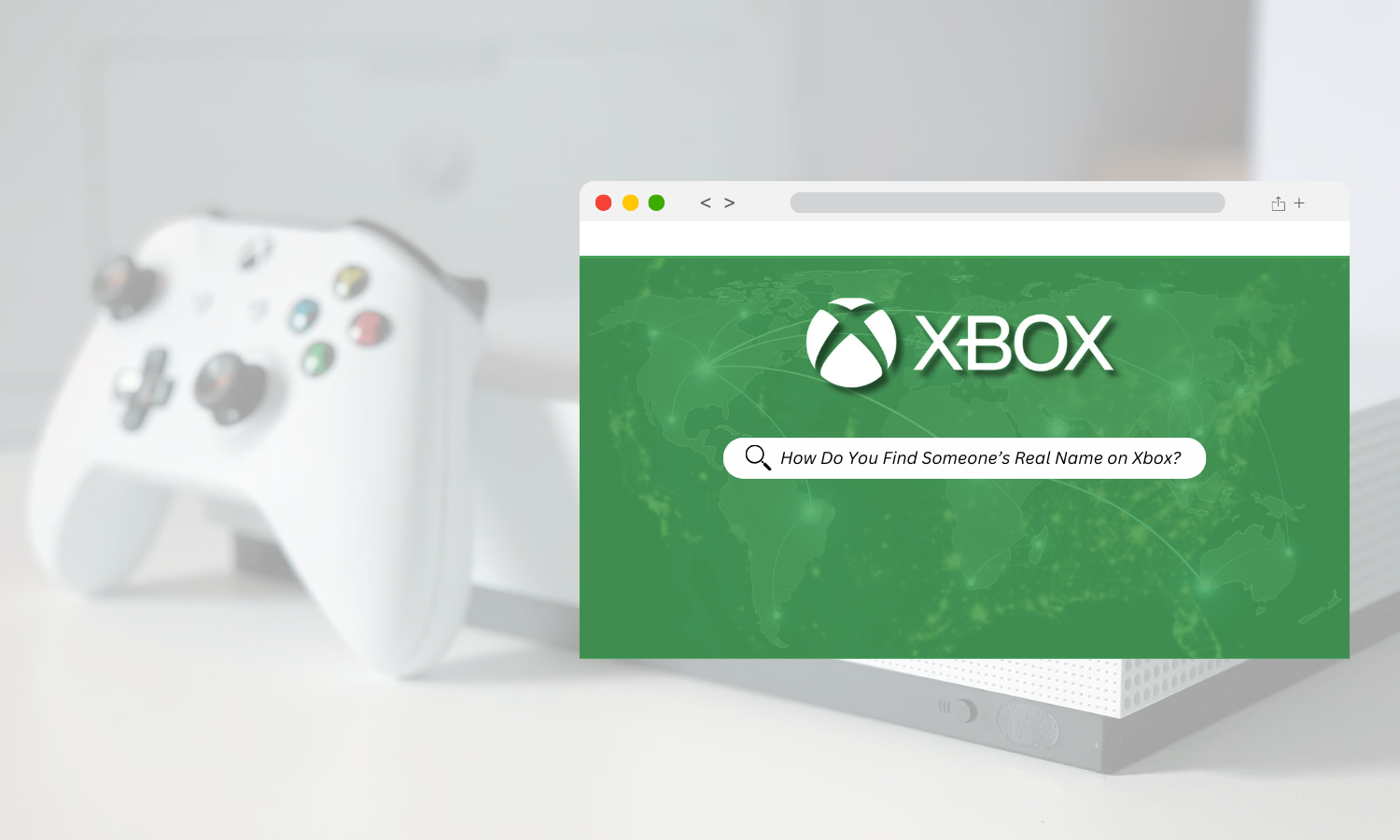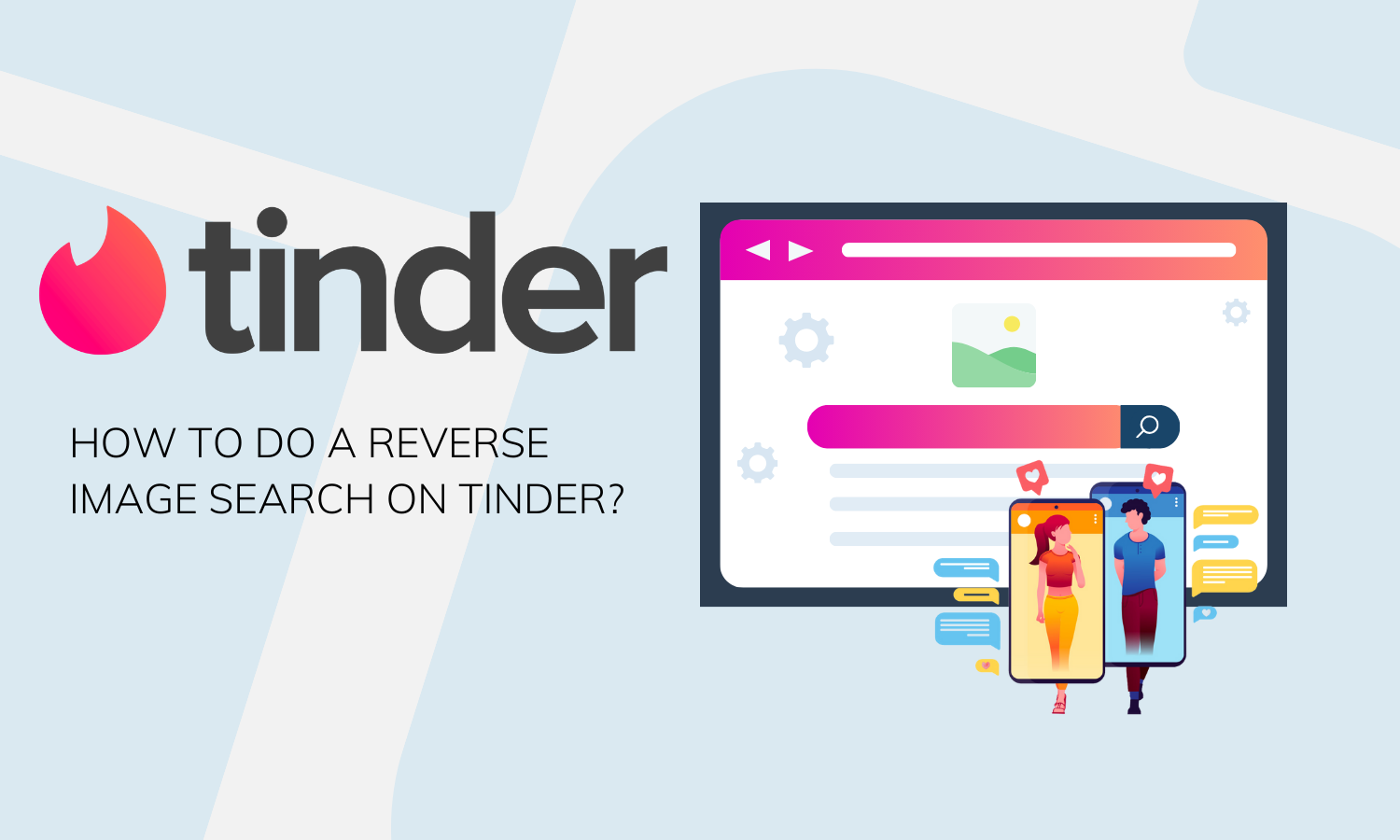

Updated · Jan 10, 2024
Updated · Aug 16, 2023
Sirisha is a networking enthusiast with a bachelor's degree in computer science and engineering. She... | See full bio
April is a proficient content writer with a knack for research and communication. With a keen eye fo... | See full bio
Zak has a PhD in Computational Chemistry and has worked in tech for 12 years, with a focus on analyt... | See full bio
Like most people, you probably don't want your personal information at hand online. But, unfortunately, you may only realize just how much information is out there about you once you start trying to clean it up.
Therefore, this internet anonymity guide will explain how to stay anonymous and untraceable on the internet.
Stay tuned!
To maintain your web anonymity, use a VPN.
A VPN hides your identity by encrypting your connection and replacing your IP address with one from a different server. Moreover, it hides your browsing history so your ISP can’t have access to it, and oftentimes it offers DNS leak protection.
Consider these features as the most important in a VPN provider:
To be anonymous online, you must use security-focused web browsers.
Popular browsers, like Chrome and Microsoft Edge, don't protect your privacy. Namely, a 2020 study demonstrated that Edge uses identifiers to connect requests and follow users. Likewise, Google Chrome’s business model focuses on collecting data about users, which they then use to serve targeted ads.
Two of the best privacy-friendly browsers are:
Mozilla Firefox is the best open-source browser for those wanting to remain private while browsing the internet.
The Onion Router is an online communication network that is encrypted and anonymous and is best for mobile devices.
| We have compiled a list of browsers with built-in VPN that value your privacy, or if you're too attached to Google Chrome, you can read our guide on how to make Chrome a bit more secure. |
With anonymous search engines, you avoid internet activity tracking; thus, you’ll stay anonymous online. With these search engines, the data can't be traced back to you, whether it is keywords searched or links clicked.
DuckDuckGo is the most popular anonymous search engine today. It doesn't have the budget that Google does, so your search results won't be as tailored to you. DuckDuckGo gives everyone the same search results. Its so-called "inaccuracy" results from it sticking to its promise of user anonymity.
Startpage is another anonymous search engine worth taking a look at.
Cookies are the data that websites store about your online activities to show you targeted ads. These tracking cookies contain code to identify you.
Check below how to disable cookies on popular browsers to save your anonymity:
Chrome
Firefox
Most social media platforms profit by selling users' data to advertisers and other interested third parties.
A recent study on social media and parenting found that more than three-quarters of parents have shared kid-related stories, images, or videos online. Unfortunately, most parents use their children's real names in these posts. That puts their kids at risk of identity theft and keeps social media holding onto this data for a long time.
| And if you're interested in completely getting off social media and terminating your online presence, you can check out our guide on how to delete yourself from the internet. |
Proxy servers are another option to stay anonymous on the internet and surf incognito.
If you only need an on-the-go network once, proxy servers are better than VPNs. Although proxy servers only hide your device's IP address and not your web traffic, they are often free.
| You can check out our thorough guide to get a better understanding of how VPNs and Proxies differ from one another. |
Other parties may be able to see what you do, even though the websites you visit won't be able to identify you.
Also, whenever possible, use HTTPS websites instead of HTTP. The HTTPS protocol is much more secure as it encrypts requests and responses.
| We have a list of the best proxy services out there which you read about here, and find the proxy server service that best suits your needs, or you can try setting one up yourself. |
It's been proven that webcams can be remotely activated and used to spy on people. For this reason, the head of the FBI and Mark Zuckerberg take extra precautions by putting tape over their webcams.
Usually, webcams are remotely activated via malware. However, you can take preventative measures against this by regularly scanning your system with a real-time virus scanner. Also, enable your laptop's LED light if it has one, as it indicates when the webcam is active.
The personal information in the emails we send to family and friends includes private data, like our social security number and financial and medical records. Therefore, messages and email services should have end-to-end encryption to keep your conversations private. Also, stay away from spam emails to avoid phishing attacks.
There are quite a few email encryption services that provide end-to-end encryption on top of other security features that can help you protect your email apps, or at the very least, you should educate yourself on how to spot phishing emails.
In general, we always need to adjust the settings on our Wi-Fi routers from their original factory configuration. That is because sensitive information like passwords can be easily intercepted if you don't secure your router. Also, if you use someone else's Wi-Fi network, use a VPN so all the received and sent internet traffic will be encrypted.
If remaining anonymous online is your goal, then it's recommended that you change the router's login credentials, update its firmware, set the strongest level of encryption (usually WPA2), restrict inbound and outbound traffic, and disable unused services.
iOS and Android mobile apps frequently request more permissions than they need. They are known for extracting personal details from users' phones without proper consent.
Do you really need to allow that random app access to your microphone? How about your location — is there a good reason it needs to know where you are at all times?
Usually, it's not too straightforward, but both Android and iOS have settings that allow you to turn off unneeded permissions.
In the past, advertisements were a one-to-many broadcast.
Installing an ad-blocker doesn't guarantee protection, but it's better than not having it. The Brave Browser is excellent for privacy since it blocks ads and trackers by default. AdBlock and Electronic Frontier Foundation's Privacy extensions are reliable as well.
Ad network DNS requests can also be sinkholes at your local router level. Many Silicon Valley companies' business model is to track every internet user's move. Google and Facebook are two giants in this industry.
If your password is easy to guess, crack, or steal because it’s too simple, then your anonymity is as good as gone. Reusing the same password for multiple accounts is also a huge security risk. Having different and complex passwords makes it more difficult for people to access your accounts without your permission.
With LastPass, you only need to remember one master password. This password manager application will save all your other passwords and allow you to stay internet anonymous.
Cryptocurrency is becoming a popular payment method, but it’s less anonymous than you think. By examining the activity visible to anyone on the public blockchain, someone can connect your identity with the wallets you use. That would allow them access to your entire transaction history, making Bitcoin less private than a bank account.
To make untraceable transactions, use a cryptocurrency like Monero, which uses three different privacy technologies to hide the sender, receiver, and amount sent. Also consider Litecoin, DarkCoin, Ethereum, and Dogecoin.
Although it isn't the most secure option available, we store our documents, photos, and files on Google Drive. Unfortunately, Google Drive and Dropbox do not have any privacy protection, such as encryption, which makes them unsafe. In contrast, some cloud storage providers use end-to-end encryption instead, such as Sync, Tresorit, and ProtonDrive.
If you don't want to use an encrypted storage provider, you can encrypt your files before uploading them to the cloud.
Voice assistants are among the convenient smart home automation tools. However, they have a terrible reputation when it comes to privacy. While Amazon and Google claim that audio recordings from their home assistant devices are only used to improve user experience, employees have admitted to listening to them.
To remain safe, avoid voice assistants and manage every IoT device through your app, like smart lights, smart garage doors, and smart locks.
Although it is impossible to be 100% anonymous and untraceable online, there are several steps you can take to make yourself less visible. Using the right tools and precautions will help keep your identity hidden from hackers and the government.
To remain untraceable on the internet, among other things, you must carefully choose a browser, operating system, and messaging apps, as well as pay with anonymous cryptocurrency.
By now, you’ve probably understood how to stay anonymous and untraceable on the internet:
Your email address will not be published.
Updated · Jan 10, 2024
Updated · Jan 09, 2024
Updated · Jan 05, 2024
Updated · Jan 03, 2024




